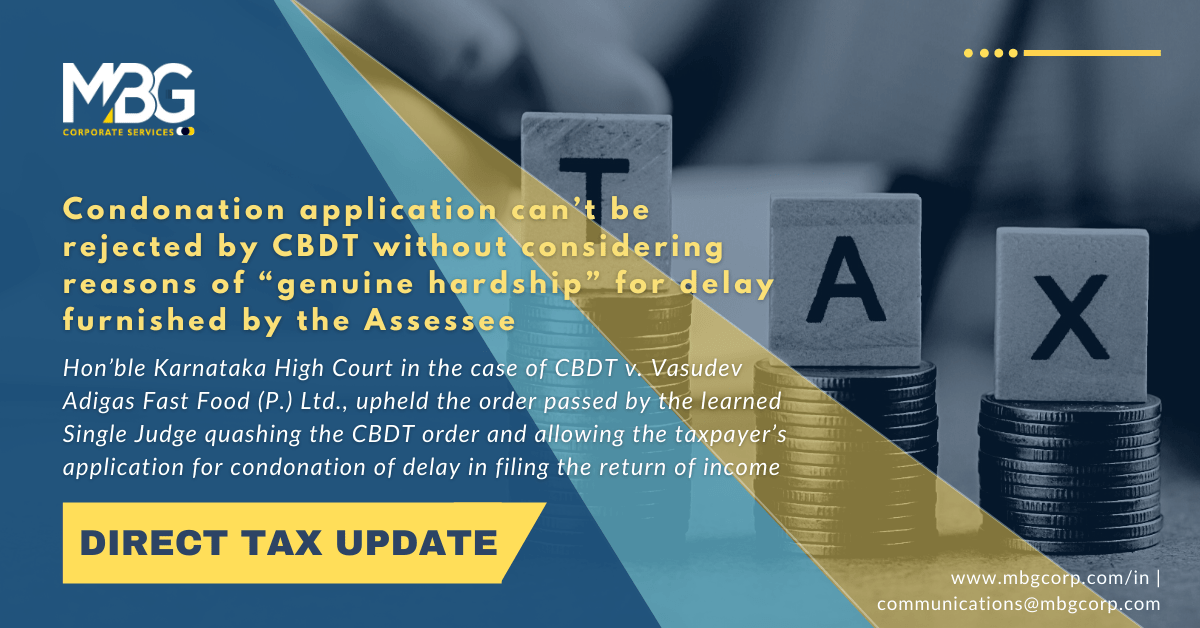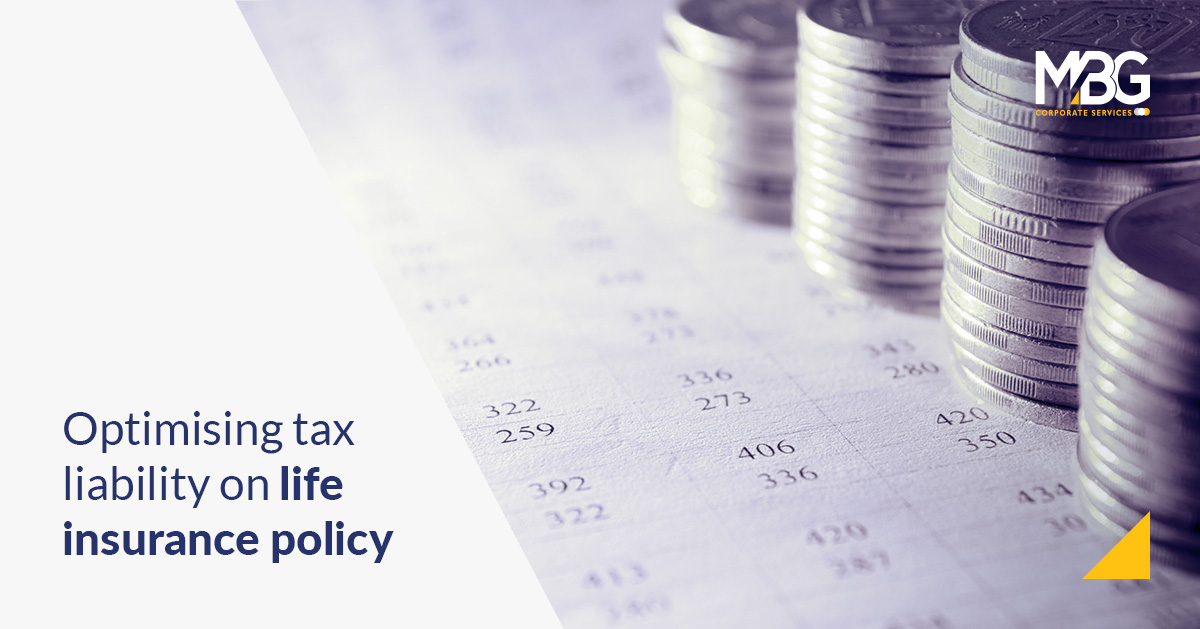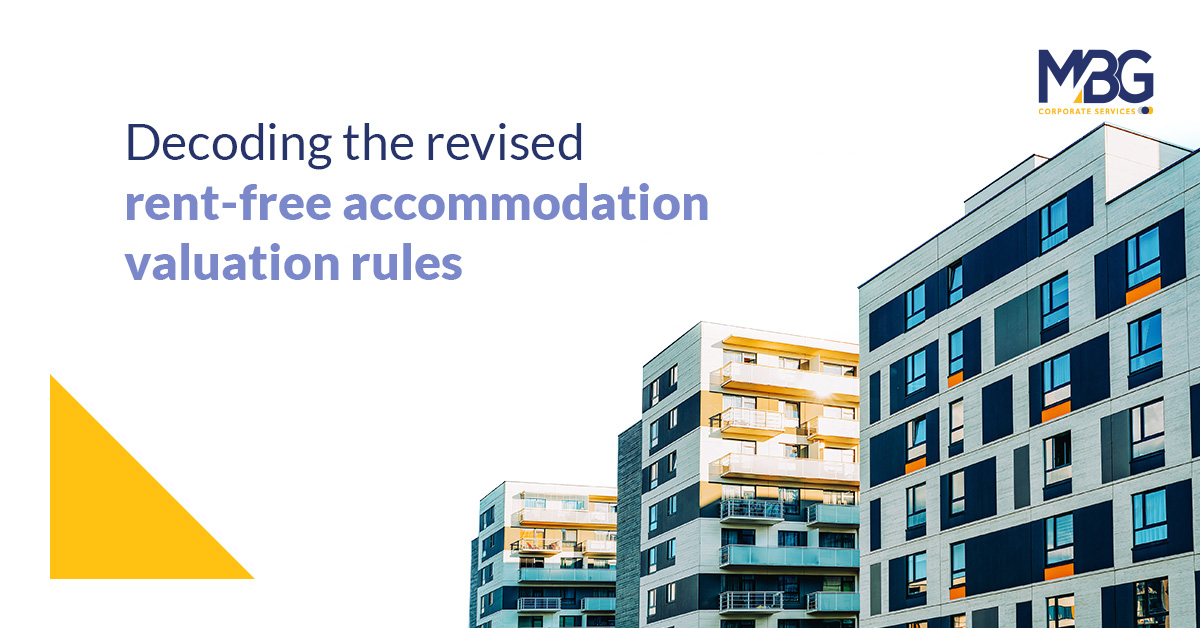Condonation Application can’t be rejected by CBDT without considering reasons of “genuine hardship” for delay furnished by the Assessee
July 27, 2021

Executive Summary
- Recently, Hon’ble Karnataka High Court in the case of Central Board of Direct Taxes (“CBDT”) v. Vasudev Adigas Fast Food (P.) Ltd. (“Taxpayer”), upheld the order passed by the learned Single Judge quashing the CBDT order and allowing the taxpayer’s application for condonation of delay in filing the return of income.
- HC ruled that the learned Single Judge was right in allowing the taxpayer’s application for condonation of delay on ground that internal disputes and prolonged litigation between promoters and investors concerning very management of taxpayer had led to delay in statutory audits and other compliances, which was beyond control of taxpayer and caused genuine hardship.
- HC stated in its order that the CBDT had erred in not appreciating the reasons given by taxpayer for delay in filing the return of income and had also erred in not taking into consideration documents produced by the taxpayer before rejecting its application seeking condonation of delay and that such delay was beyond the control of taxpayer.
Facts of the Case
- Taxpayer is a Company incorporated under the Companies Act, 1956 and engaged in the business of provision of hotel, restaurant and catering services.
- During the financial year 2012 -13, there was a change in the majority shareholding of the Company and disputes arose between the erstwhile management of the Company, i.e. promoter directors ("Promoters") and the new management i.e., investor directors ("Investors") of the Company.
- In 2014, a petition was filed before the Company Law Board (CLB) in Chennai by the Promoters of the company alleging oppression and mismanagement by the Investors in the company. In pursuant of this petition CLB, vide an order dated 22-5-2014 appointed an Administrator to supervise the affairs of the company. The said order was challenged before this Court by way of an appeal.
- Due to the aforesaid disputes and pendency of the proceedings before the CLB, the statutory audit of the taxpayer for the financial years 2012-13 and 2013-14 could not be completed within the prescribed time limit. Hence, in the pending appeal, as an interim measure, this Court, vide its order dated 7-10-2014 appointed an auditor to audit the books of accounts of the taxpayer for the said two years.
- The newly appointed Auditors completed the statutory audit of the taxpayer 's books of accounts by February 2015 for the two financial years 2012-13 and 2013-14, but due to persistent disputes between the Promoters and the Investors in the Company, the same were approved, adopted and taken on record in the shareholders' annual general meeting on 6-6-2016 only.
- Thereafter, the taxpayer's tax audit under Section 44AB of the Income Tax Act, 1961 (“Act”) was concluded on 4-8-2016. On 30.08,2016, the taxpayer filed its return of income for the Assessment Year (“AY”) 2014 - 2015, declaring a loss of Rs. 56,66,096/- and claiming a refund of Rs. 1,03,02,990/-.
- As the return could not be filed within the time limit prescribed under the Act on 19-9-2016, the taxpayer filed an application for condonation of delay in filing the return for the assessment year 2014-15 before the assessing officer.
- As the claim of the taxpayer exceeded Rs. 50 lakhs, the taxpayer was required to make an application to the CBDT under section 119(2)(b) of the Act and accordingly, the taxpayer filed an application dated 7-10-2016 (filed on 13-10-2016) before the CBDT, seeking condonation of delay in filing the return of income setting out in detail the reasons for the delay in filing the return.
- After giving the taxpayer an opportunity of hearing, the CBDT passed an order dated 16-1-2018 rejecting the aforesaid application for condonation of delay on the ground that delay was not caused by any external factors which the taxpayer had no control over. Further, the CBDT also rejected the application on the ground that the claim for refund filed by the taxpayer is not genuine, virtually making an assessment of the return filed by the taxpayer.
- The said order of the CBDT was challenged by filing writ petition in W. P. No. 18419/2018 for quashing the order dated 16-1-2018 passed by the CBDT under section 119(2)(b) of the Act.
- The learned Single Judge vide order dated 06-1-2020, allowed the writ petition and quashed the order dated 16-1-2018 passed by the CBDT. Court allowed the application for condonation of delay in filing the return of income for the AY 2014-15 by stating below contentions:
“9………Section 119(2)(b) of the Act empowers the Board to condone the delay for avoiding genuine hardship in any case or class of cases by general or special order. The expression 'genuine hardship' was considered by the Supreme Court in the case of 'B.M.MALANI v. CIT' [2008] 10 SCC 617 and it has been held that the ingredients of the expression 'genuine hardship' must be determined keeping in view the discretionary meaning thereof and legal conspectus attending thereto.
In the considered opinion of this Court and in the fact situation of the case as well as bearing in mind the well settled legal proposition that the expression 'genuine hardship' should receive liberal consideration, the instant case was a fit case for condonation of delay. In view of the preceding analysis, the impugned order dated 16-1-2018 passed by the Central Government is hereby quashed and delay in filing the return of income for the assessment year 2014-15 is condoned. In the result, the petition is allowed."
- Thus the single bench judge highlighted the importance to be given to genuine hardship of the assesse which should be considered liberally.
- Aggrieved by the said order, the revenue filed an instant writ petition.
- The order passed under Section 119(2)(b) of the Act was in view of the parameters laid down in the statute and the fact of the present case shows that the taxpayer has not fulfilled the conditions set out under the said section for condonation of delay in filing the return of income.
- The reason cited by the taxpayer could not have been accepted and it was not a fit case for condoning the delay.
- A huge amount is involved and it will be a case of refund and therefore, the order passed by the learned Single Judge is contrary to the Circular dated 9-6-2015 and the Circular is very much applicable in the facts and circumstances of the case.
- The learned Single Judge has erred in holding that the revenue has to be liberal in cases of condoning the delay in filing the return of income.
- The CBDT after examination has held that the observations of the auditors in the report regarding the correctness of the claim of the taxpayer has created a serious doubt with regard to the return of income and in view of Para 5(v) of the CBDT Circular No. 9/2018 dated 9-6-2015, the case does not fall for condoning the delay.
- HC ruled that in cases where a taxpayer faces hardship, Section 119(2)(b) of the Act empowers the CBDT to issue any general or special order authorizing any income tax authority to admit an application or claim for any exemption, deduction, refund or any other relief under the Act, if the time period for taking the benefit of the same has expired under the Act.
- HC referred the case of M. Malani v. Commissioner of Income Tax, reported in [2008] 174 Taxman 363(SC) wherein the Hon'ble Supreme Court (SC) has held that the term 'genuine hardship' means 'genuine difficulty' and has held that the ingredients of genuine hardship must be determined keeping in view the dictionary meaning thereof and the legal conspectus attending thereto.
- HC also made the reference to the case of Sitaldas K. Motwani v. Director General of Income-tax (International Taxation), New Delhi, reported in [2010] 187 Taxman 44 (Bom) wherein the Bombay High Court has held that while considering an application under section 119(2)(b), the term 'genuine hardship' has to be construed liberally and has held that CBDT cannot examine a refund closely to see if the claim succeeds.
- The CBDT, in its order dated 16-1-2018, has not appreciated the reasons given by the taxpayer for the delay in filing the return of income nor has taken into consideration the documents produced by the taxpayer before rejecting its application seeking condonation of delay for filing its return of income for the assessment year 2014-2015 even when the same was beyond the control of the taxpayer.
- The CBDT examined the return filed by the taxpayer on merits and rejected the claim on the ground that the claim is not genuine, relying on Circular No. 9/2015 dated 9-6-2015, effectively passing an assessment order, contrary to the settled principles of law.
- The CBDT, in virtually passing an assessment order on the return of income of the taxpayer, has traversed beyond the scope of its power to condone the delay in filing the return of income under section 119(2)(b) of the Act, and has acted contrary to the provisions of Section 119(2)(b).
- The Circular issued by CBDT is binding on the authorities subordinate to it and cannot be binding on itself. A bare reading of Section 119(1) clearly shows that the circulars/orders/instructions are binding on other income tax authorities and that the same are not binding on the CBDT itself. However, despite the above settled position of law, the CBDT has relied on Circular No. 9/2015 dated 9-6-2015 and rejected the application of the taxpayer.
Additionally, in the present case, the CBDT had sought for a report from the Principal Commissioner of Income Tax-II (“Pr. CIT-II”), as well as the jurisdictional Additional Commissioner of Income Tax (“ACIT”). It is pertinent to note that both the Pr. CIT-II as well as the jurisdictional ACIT have given a report that the delay in filing the return of income may be condoned. Though the CBDT has referred to the said opinions, but has not taken the same into consideration while deciding the application of the taxpayer seeking condonation of delay in filing the return of income.
In the light of the aforesaid, the High Court came to a conclusion that the order passed by the learned Single Judge did not warrant interference. However, upon insistence of counsel for revenue, since the case would have become time barred for the purpose of scrutiny and other proceedings, if any, in order to protect the interest of revenue, it held that the date of limitation shall start from the date the order passed by the learned Single Judge.
Article contributed by:
Manager - Direct Tax
Also Read:-- Tax Exemptions & Extension of time limits for compliances of Income Tax
- CBDT issued clarificatory guidelines for TDS on Purchases
- CBDT prescribed the valuation rule for computing FMV of the undertaking transferred under “Slump Sale”
- Direct Tax Alert: Extension of various Income Tax due dates by CBDT vide Notification No. 10/2021
- SC directed CBDT to decide on the relief to be provided to NRIs in lieu of COVID-19









